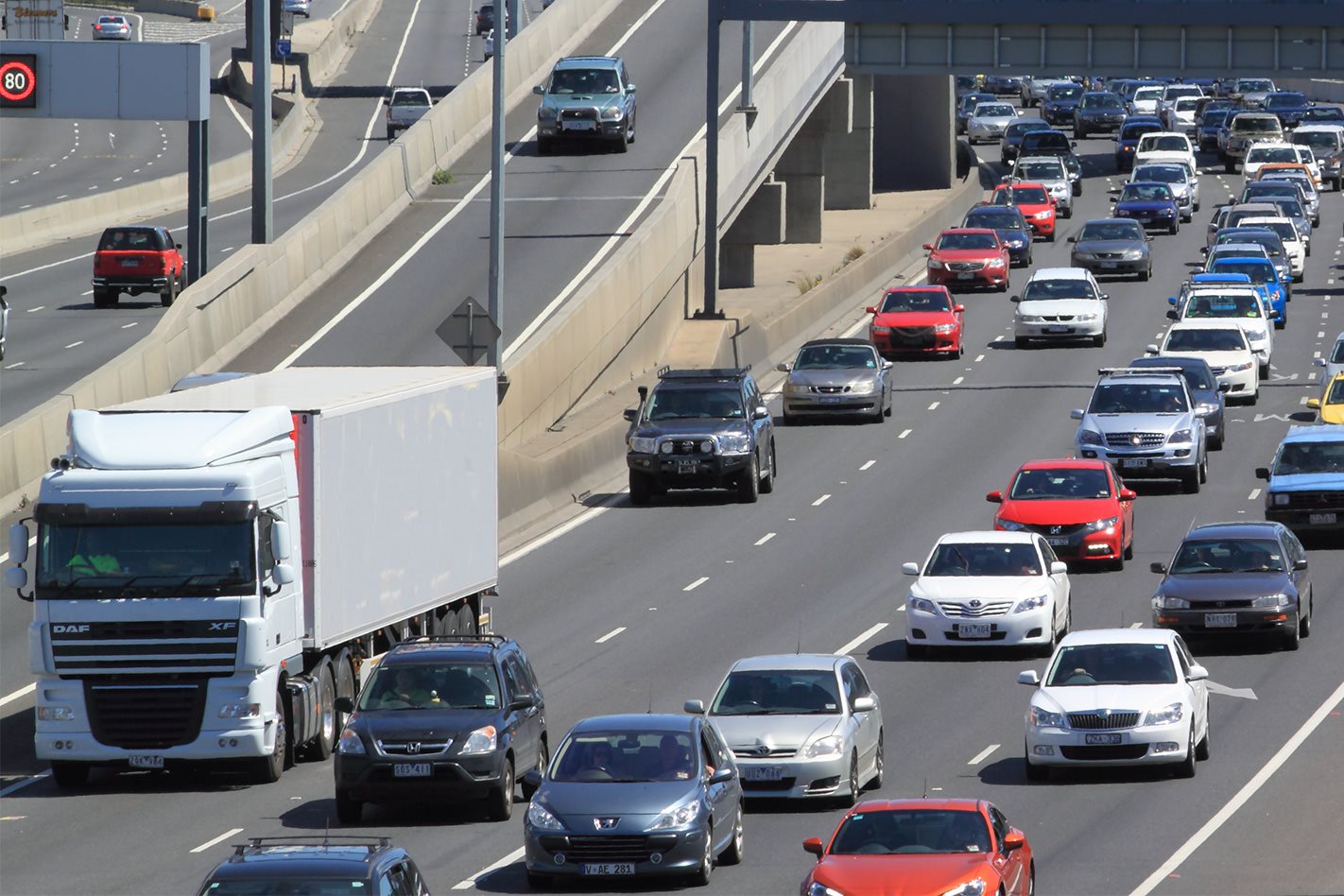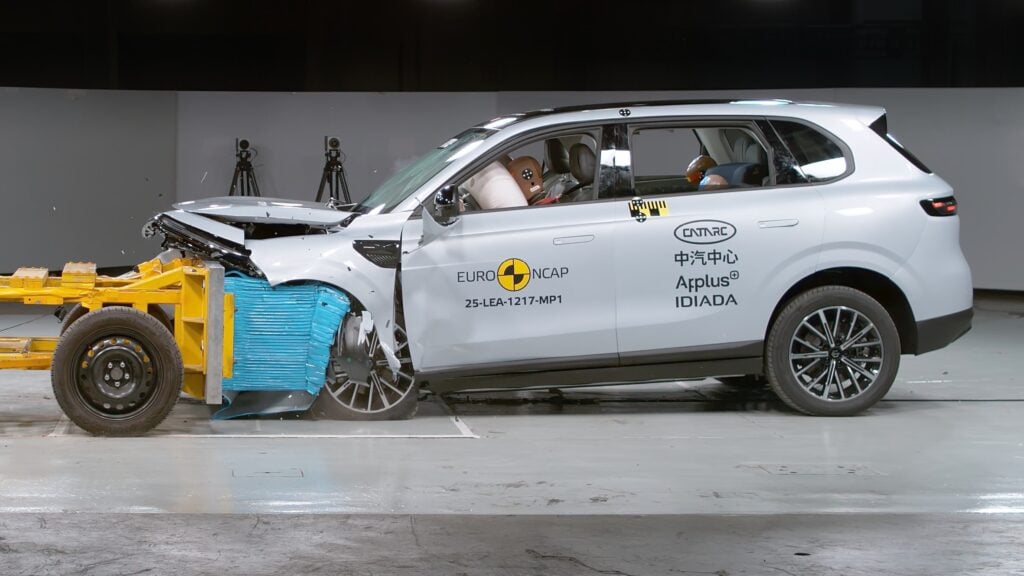Snapshot
- Rego could be dropped and replaced by a user pays system
- Congestion charge on the cards for Melbourne’s CBD
- State needs to stop sale of new petrol and diesel cars by 2035
Car registration fees could be scrapped and replaced by a pay-per-kilometre system in Victoria, according to plans revealed today by a government advisory body.
Infrastructure Victoria is proposing that within 10 years, fixed charges could go in favour of a ‘user pays’ system based on how many kilometres you travel and at what time of day – rather than one annual charge.
Such a system has previously been rejected by the Government and Opposition, despite the same authority bringing in such a charge for electric vehicles only a matter of weeks ago on July 1.
EV owners must now pay 2.5c/km for a battery electric vehicle (BEV) or 2c/km for a plug-in hybrid (PHEV).
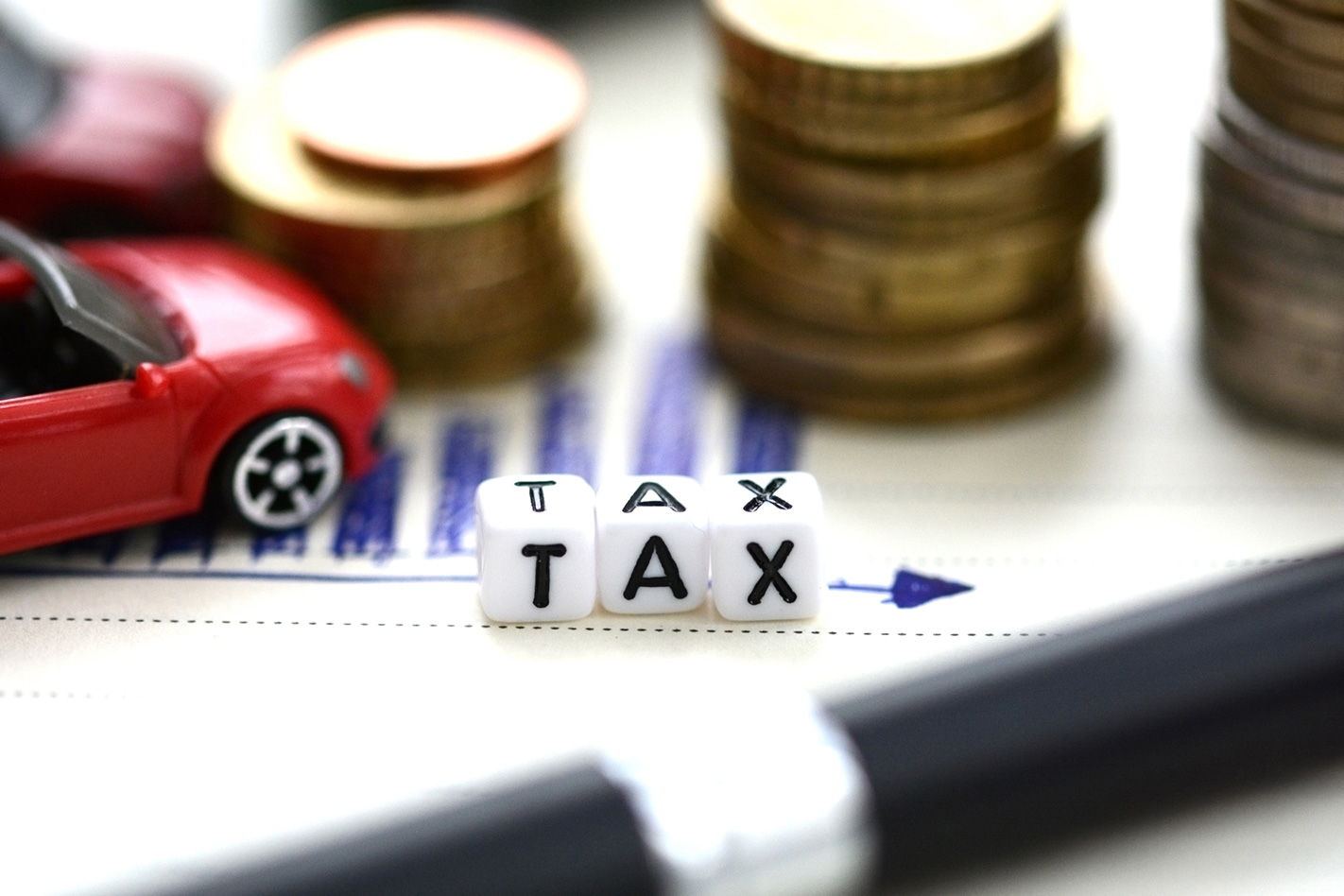
Other ideas contained in the document include a trial of a London-style congestion charge for vehicles travelling into Melbourne’s CBD.
The zone would be bordered by the West Gate Freeway, Alexander Parade, Citylink and Punt Road and would use number plate recognition technology.
There would also be peak and off-peak tolling on new toll roads such as the West Gate Tunnel and North East Link to better spread traffic throughout the day.
The advisory body, set up in 2015 to offer the Government independent advice, presented the latest update of its 30 year strategy to the state’s parliament this morning.
“Road user charges should ultimately combine a distance charge and a congestion charge at the times and locations of road congestion,” the report said.
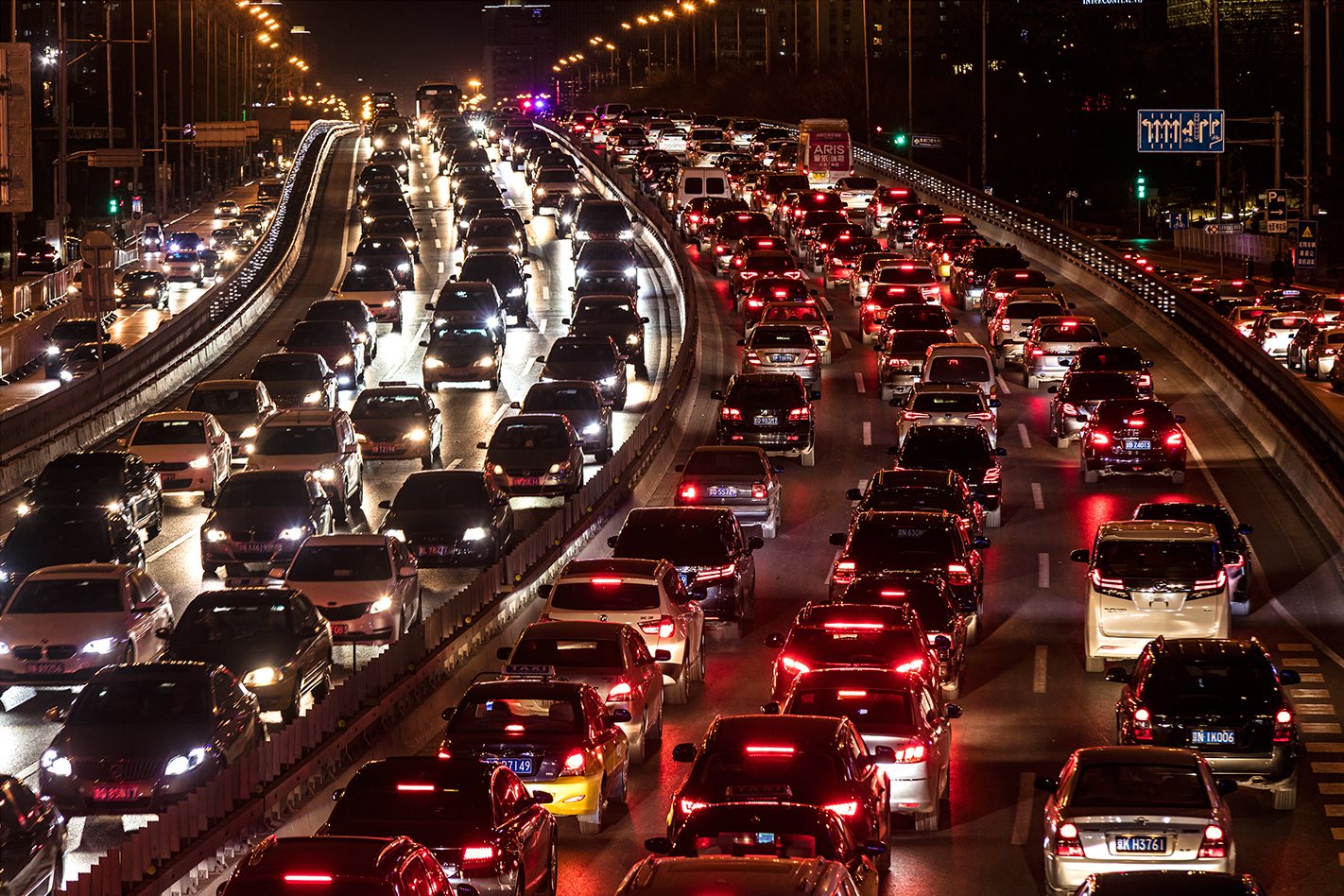
“Low-income and vulnerable Victorians can receive discounts on road user charges, like those for public transport.
“Designers can also consider the implications for those living more remotely and the fairness of the system.”
The blueprint includes 13 recommendations for changes which could be made over the next five years and takes into account more people working from home due to Covid-19.
The overarching plan also features $100 billion worth of major road and rail projects on top of the Andrews Government’s existing list of projects, including 94 recommendations in total across three decades.
The first stage of the Infrastructure Victoria’s plans was developed in 2016, with 90 per cent of the previous 137 proposals already adopted or underway by the State Government. The body has since conducted additional research, analysis and consultation.

“Our final recommendations consider the medium to longer-term impacts of the global pandemic. Despite the current challenges, Victoria will continue to grow and transform,” said Infrastructure Victoria CEO Michel Masson.
“Victoria faces some big challenges over the next three decades including a growing and ageing population, technological transformation, a warming climate and worsening congestion on our transport network.”
The CEO added that following research it has “adopted a faster timeline for phasing in electric vehicles” – with the report advising that Victoria should stop the sale of new petrol and diesel vehicles by 2035 to reduce greenhouse gas emissions and encourage more people to buy zero-emissions cars.
“Accelerating the uptake of EVs will ensure Victoria does not get left behind by the rest of the world in one of the most significant transformations in transport since the emergence of the internal combustion engine,” the report says.

Today’s news follows years of debate over changes to automotive taxation, with the Federal Chamber of Automotive Industries (FCAI) and Australian Automobile Association (AAA) coming out in favour of scrapping registration.
“At the moment we have a whole host of taxes on our cars – there’s GST, stamp duty, rego, the licence fee, the fuel excise and in some cases the LCT. We could eliminate all of those and just have one single, nationally consistent, charge based on how many kilometres you drive in a year, regardless of what technology cars have,” FCAI Chief Executive Tony Weber recently told Wheels.
“The problem we have here is the fuel excise is collected by the Federal Government but now the road user charges are being/will be paid to the individual states.
“In an ideal world the Government would be [centralising vehicle taxation] now, but it’s still something we could plan for in the future. There’s a very real danger if the six states and two territories go it alone, the red tape to undo all that would be too substantial.”
Speaking about today’s announcement, the FCAI chief added: “We acknowledge the release of Victoria’s 2021-2051 infrastructure strategy 2021-2051. The FCAI provided a submission in February as part of the consultation process. We look forward to examining this report in more depth and engaging with all governments to lower light vehicle emissions.”
We recommend
-
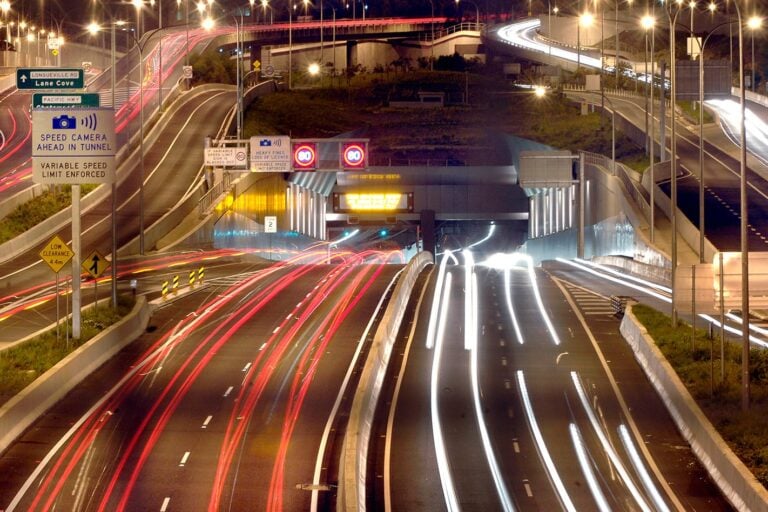 News
NewsTrack and charge: FCAI releases plan to overhaul road user costs
Registration and other key forms of taxation would be scrapped, according to the FCAI, in favour of tracking vehicles and charging for road use
-
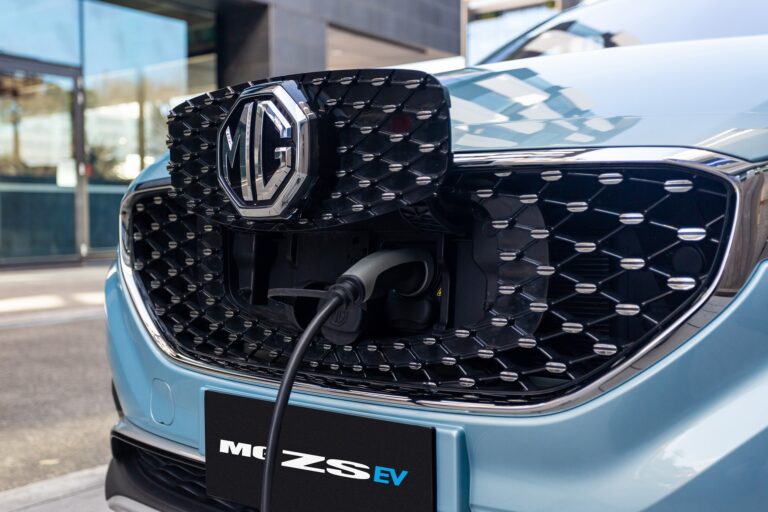 News
NewsVictorian EV owners must submit odometer photos or face losing rego – UPDATE
VicRoads still believes road user tax is necessary despite growing concerns surrounding implementation
-
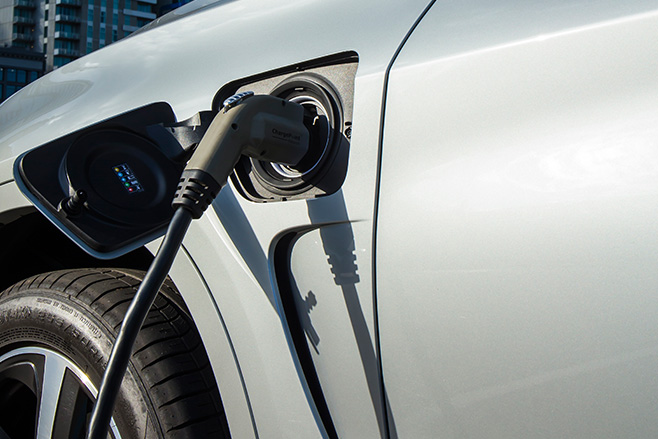 News
NewsVictoria’s contentious EV tax takes effect today
Andrews' Government’s electric vehicle policies giveth and taketh away


